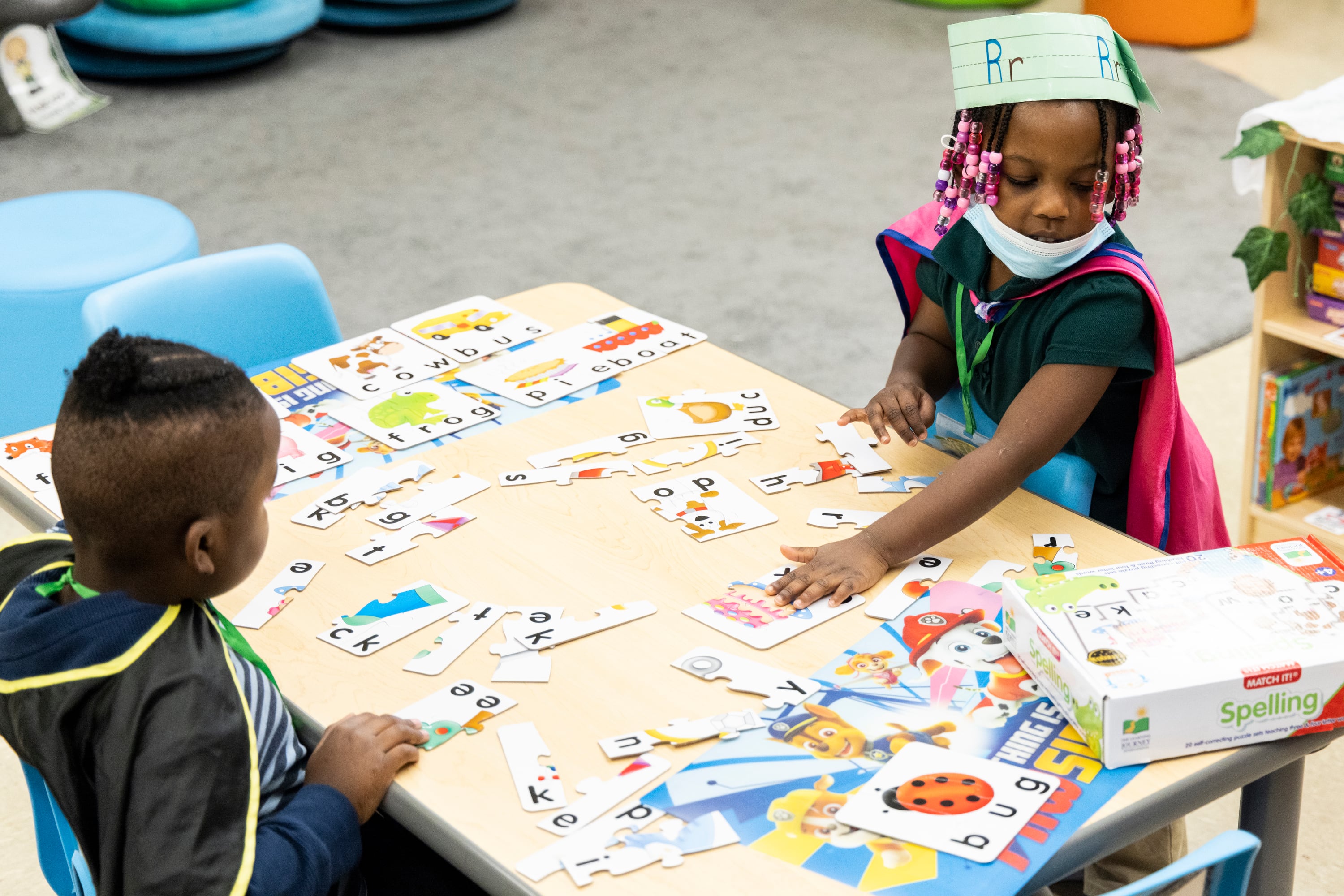Sign up for Chalkbeat’s free weekly newsletter to keep up with how education is changing across the U.S.
At least 57 Head Start programs around the country serving more than 21,000 children still couldn’t access federal funding as of Thursday morning, according to leaders from the National Head Start Association.
Their problems stem from a Trump administration order on Jan. 27 that froze all federal grants while officials looked for signs of “Marxist equity, transgenderism, and green new deal social engineering policies.”
Amid widespread confusion and multiple lawsuits, the White House withdrew the budget memo that ordered the freeze, while indicating programs that run contrary to the new administration’s executive orders could still have their money withheld. Since then, nonprofits, health care centers, and other organizations have continued to report problems accessing needed federal funds. The lawsuits seeking to block the freeze continue.
Federal officials said the funding freeze was never intended to apply to Head Start, which provides free preschool, child care, and other services to children from low-income families. But many Head Start leaders reported problems accessing the federal payment portal after the freeze was ordered. For some, the problems ended on Jan. 28, the day before the White House rescinded the budget memo. But others continued to be locked out.
The funding cutoff has real world consequences. At least two Head Start programs — in Wisconsin and New York — have been forced to close their doors temporarily, and more are poised to do so, including in Michigan, if they don’t receive their federal funds by Friday, said Tommy Sheridan, deputy director of the National Head Start Association.
“Children and families are going to be just left totally stranded,” he said. “Parents are going to have to either not work … or be faced with trying to find last minute child care options, or leaving children in potentially unsafe environments.”
Nationwide, there are 1,600 Head Start grant recipients serving about 800,000 children, he said.
Andrew G. Nixon, a spokesperson for the U.S. Department of Health and Human Services, said by email on Wednesday there were “technical issues” with the payment portal last week.
“The system is back up and running now, but users may be experiencing lags due to the high volume of requests,” he said.
Sheridan said one Head Start program in Waukesha, Wisconsin that had shuttered last week received its federal funds early this week and has reopened.
He said the association has gotten word that several other Head Start programs were finally able to access funds, too. On Wednesday, 65 programs reported in a National Head Start Association survey that they were still locked out. By Thursday morning, the number had dropped to 57, he said.
Sheridan said the funding uncertainty is destabilizing for Head Start program leaders, who should be focused on serving families and children who face some of the “most challenging uphill circumstances in school in and in life.”
Ann Schimke is a senior reporter at Chalkbeat, covering early childhood issues and early literacy. Contact Ann at aschimke@chalkbeat.org.






